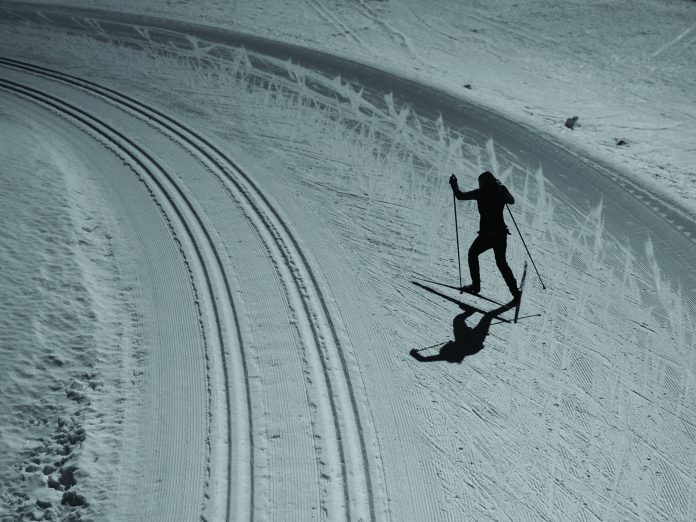You are working for months to improve your performance, and the last ergometer test was encouraging since you achieved a personal best. You feel confident that with continuous effort more improvement will keep coming.
To continue reading…
Register for free to get limited access to the best reporting available.
Free accounts can read one story a month without paying.
Or subscribe to get unlimited access to the best reporting available.
To learn about group subscriptions, click here.
Already a subscriber? Login
But then a bike accident, a move to a new home, or too much work forces you to put your training on hold. When you resume training, you realize that your performance is far from what it once was. In fact, you seem be back where you began. Not only is your former training intensity out of reach but also your workouts are shorter so you can recuperate properly.
Welcome to the phenomenon of reversibility, when hard-earned fitness gains vanish once you quit training. Typically, the losses occur in less time than it took to achieve the gains. Through targeted training, your body adapts to increasing loads, which become easier to manage so you can perform at a higher level. Through strength training, for example, you prepare your muscles to generate more force, while endurance training enables you to sustain a load longer and with more ease.
Such adaptations take time to develop, which is why you train carefully over a long period. When you discontinue training, however, the adaptations reverse themselves, along with your enhanced ability. That’s why you should continue training after racing season, preferably targeted training with specific goals in mind.
Every serious rowing manual prescribes year-round-training and advises that you use competition-free periods such as winter to prepare for your next races, even if they’re months away. This is the time for more general training at a lower intensity and for a longer time. It’s a chance to try other modes of physical exertion, such as running, bicycling, and cross-country skiing, and to tune up your body by lifting weights and performing balance and flexibility exercises. For mental and physical refreshment, you can play games such as pickleball, volleyball, and soccer, which are valuable especially for young athletes and masters rowers.
All this off-season activity will help you continue to perform better, avoid injury, and stay in the sport longer.

